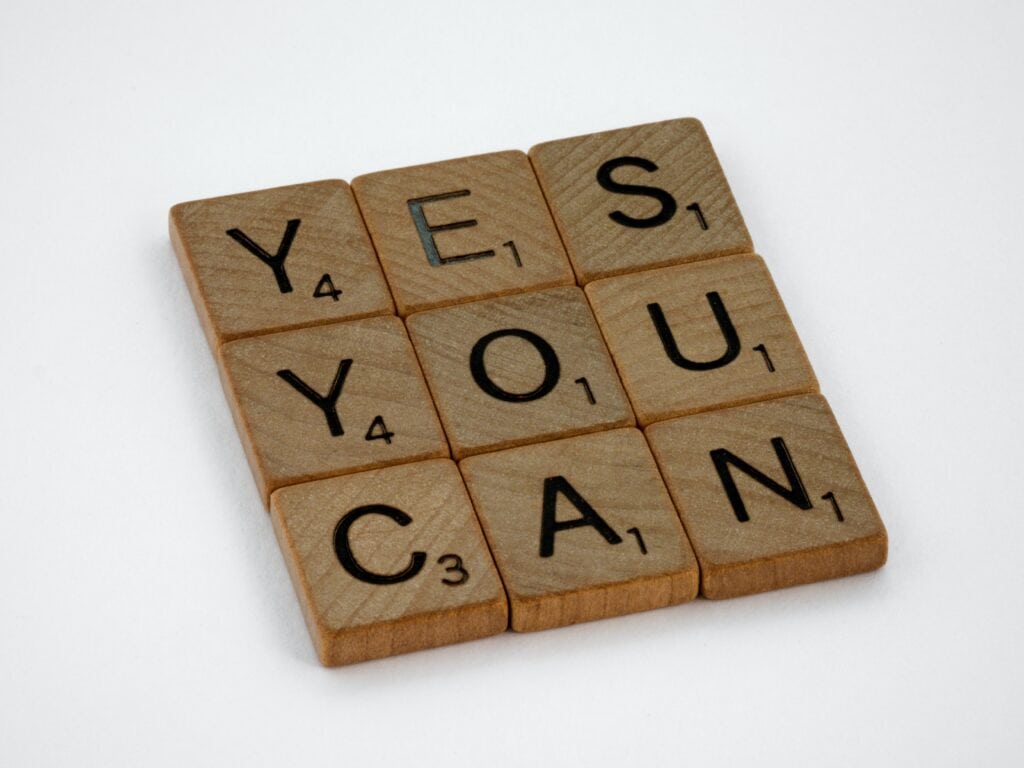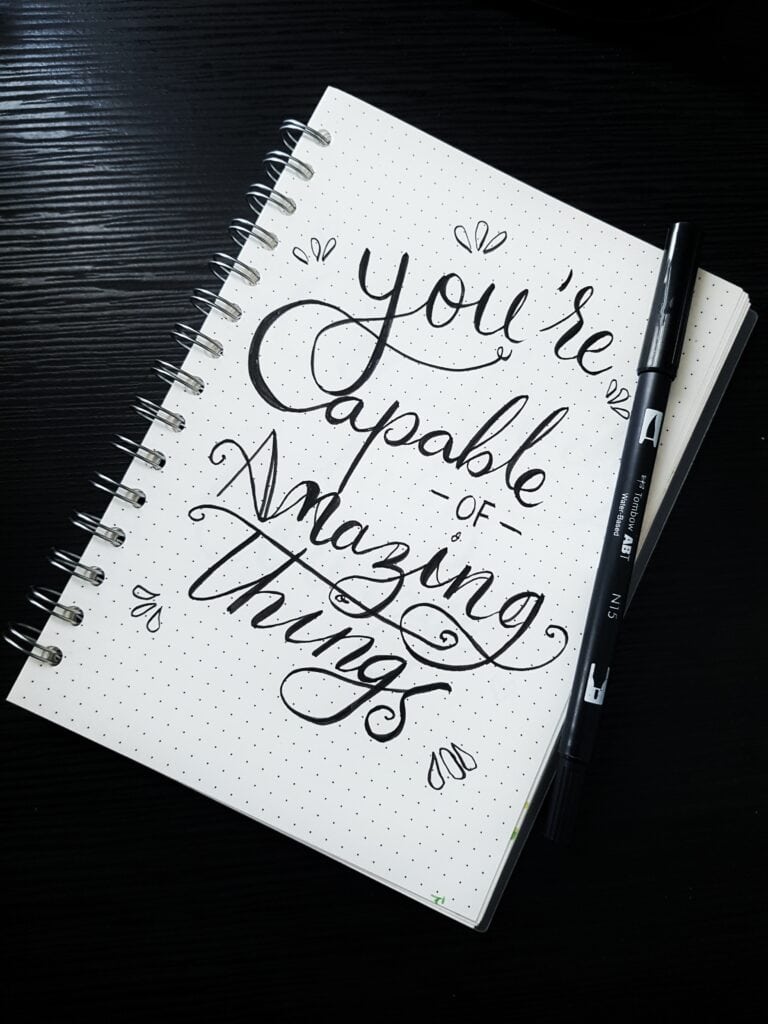HOW TO IMPROVE SELF-CONFIDENCE (QUICK AND EFFECTIVE WAYS)

Want to build your self-confidence?
That’s great! But before you can do that, first you need to know what self-confidence is.
It’s not just a feeling—it’s an important skill that you have to practice over time.If you want to improve your confidence and become more comfortable in your own skin, here are some things that will help:
1) Look in the mirror and compliment yourself.
One of the best ways to build confidence is by practicing positive self-talk in front of a mirror.
Look at yourself in the mirror and compliment yourself on something that you like about yourself.
If there is something you don’t like, know that you can change it.


2) Self-confidence is not just a feeling. It’s a skill that you have to practice.
This means that if you aren’t confident yet, it doesn’t mean you’re not good enough or that your life isn’t working out.
Self-confidence is something we can all work on and improve over time through practice and commitment.
The first step in improving your self-confidence is recognizing that it’s not just a feeling, but rather a skill that can be learned and practiced just like any other skill (like playing an instrument or speaking another language).
Next, make sure that you’re practicing the right techniques so they stick with you! For example:
Practice looking at yourself in the mirror and complimenting yourself every day; this will help build up your positive thoughts about yourself over time until they become automatic (and eventually start spilling out of your mouth without even thinking).
Instead of focusing on what someone else thinks about yourself when making decisions (e.g., if someone says “you look great”), focus on how those decisions affect YOU (e.g., will I feel good about myself after this decision?).
3) Practice positive self-talk.
Positive self-talk is a way to help you feel better about yourself, your life and your future.
The easiest way to get tons of positive self-talk into your life is by replacing negative thoughts with positive ones.
This can be done by writing down the negative thought in a notebook and then writing down an opposite, more positive thought next to it.
Once this has been done several times you will find that when you have a negative thought again you are able to catch it quickly and change it into something more positive in your head before it becomes a problem.
.


4) Leverage the power of affirmations.
Affirmations are a powerful tool for building self-confidence. They remind you of your strengths, goals and values.
Here’s how to use them:
Affirmations can help you build confidence by reminding yourself of the things that make you special and unique.
For example, if being helpful is important to you, then write an affirmation about helping others in your journal or on a piece of paper that sits where you can see it.
Use affirmations to affirm your goals as well as who you want to become.
For example, if one of your goals is to be more patient with people who don’t listen well, then write something like “I am patient” or “I am slow to anger” next time an opportunity presents itself in which patience will be beneficial (like when someone doesn’t listen well).
Another way would be through visualization—visualize how good it feels when someone listens attentively instead of talking over top of whatever they’re saying!
This might also help illustrate why patience would benefit our lives even if we want other people around us not only taking turns but being attentive while doing so!
5) Change your body language.
Body language is the nonverbal communication that people use to communicate with each other.
The way you sit, move your arms, or position your feet can all say a lot without saying a thing.
For example:
Someone who crosses their arms over their chest is likely feeling defensive or protective of themselves.
They may be physically blocking someone out of their personal space, which is usually done by people who want to feel safe or not threatened by other people’s actions or words.

Someone who keeps their head down when speaking is probably less confident than someone who holds eye contact while they talk; they may also be shy and feel uncomfortable being noticed by others.
If you notice someone moving toward you while they’re talking, this means that this person finds what you’re saying interesting and wants closer proximity to better hear it (and possibly make eye contact).

6) Ask a friend or loved one to help build your confidence.
When you’re struggling with self-confidence, it can feel like everything is out of your control. But there’s one thing you still have power over: yourself—and nothing will increase your confidence faster than taking steps to improve it!
The good news is that having someone else involved in this process can be extremely helpful.
A friend or loved one can provide emotional support as well as accountability, helping you stay focused on achieving your goals and celebrating every success along the way.
And if you find yourself getting discouraged or negative about what progress you’ve made so far, they’ll be able to remind you of how far you’ve come since starting out so that those negative thoughts don’t get too overwhelming
If possible (and if this person is willing), ask them specifically for their help with some of these steps below:
7) Practice public speaking.
Practice public speaking by:
- Practicing in front of a mirror
- Practicing in front of a friend or family member
- Practicing in front of a small group (3-4 people)
- Practicing in front of a large group (10-20 people)


8) Build an achievement journal.
One of the best ways to improve your self-confidence is by keeping an achievement journal. This can be as simple as writing down all the things you are grateful for or listing all of your successes throughout the day.
The important thing is that you write them down, so they stay in your mind.
You should also keep track of how much progress you’ve made towards achieving your goals—even if it’s just a little bit every day.
Achieving even small goals helps boost confidence and makes it easier to set bigger ones!
9) Confront your fears head-on.
Confronting your fears is a great way to build confidence.
If you’re afraid of public speaking, for example, don’t just try to avoid it (which will make the fear worse).
Instead, go ahead and give that presentation anyway—and realize that it wasn’t nearly as bad as you thought it would be.
It’s easier than ever to face your fears thanks to technology: instead of having to go out on stage in front of hundreds of people if you have a fear of public speaking, use Skype or Zoom so that only one person can see you!

The reason confronting fears works is because once we’ve already experienced something scary and survived—or even enjoyed ourselves—we become less scared about doing it again.
Confronting our fears head-on allows us to realize how much easier they are than we expected them to be; this gives us more confidence because our brains know they can handle whatever comes next.

10) Don’t be afraid to fail.
Failure is a part of life and it’s not something to be afraid of. It is a learning experience, an opportunity for growth and challenge.
Every failure will teach you something new about yourself and how to handle similar situations in the future. If you are afraid of failure, then that fear is holding back from trying new things or pushing your limits.
If you practice failing with grace, then it won’t have as much negative impact on your self-confidence.You can learn from failures too!
If you feel good about yourself, other people will pick up on that, too.
Confidence is contagious.
If you want to be more confident, then practice self-confidence and positive self-talk.
It’s not enough to just think positive thoughts; you have to act on them as well.
It may take some time before they become natural for you but it’s worth the effort because being confident makes life easier and more enjoyable!
We all have moments when we feel less confident than others, but it’s important to remember that these feelings are normal.
With some practice and a few simple strategies, you can build your confidence and make it easier for yourself—and everyone around you—to feel good about themselves.







